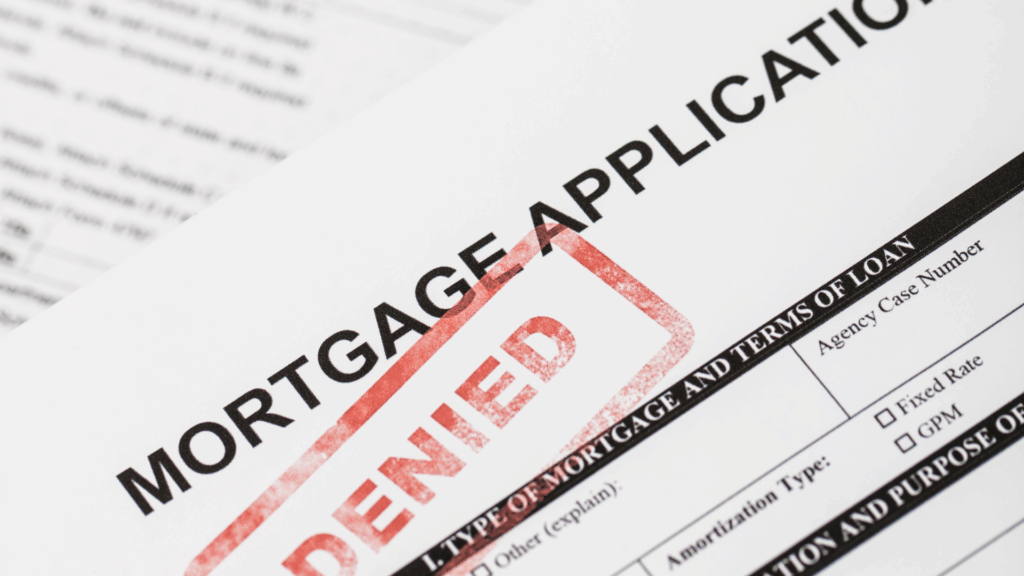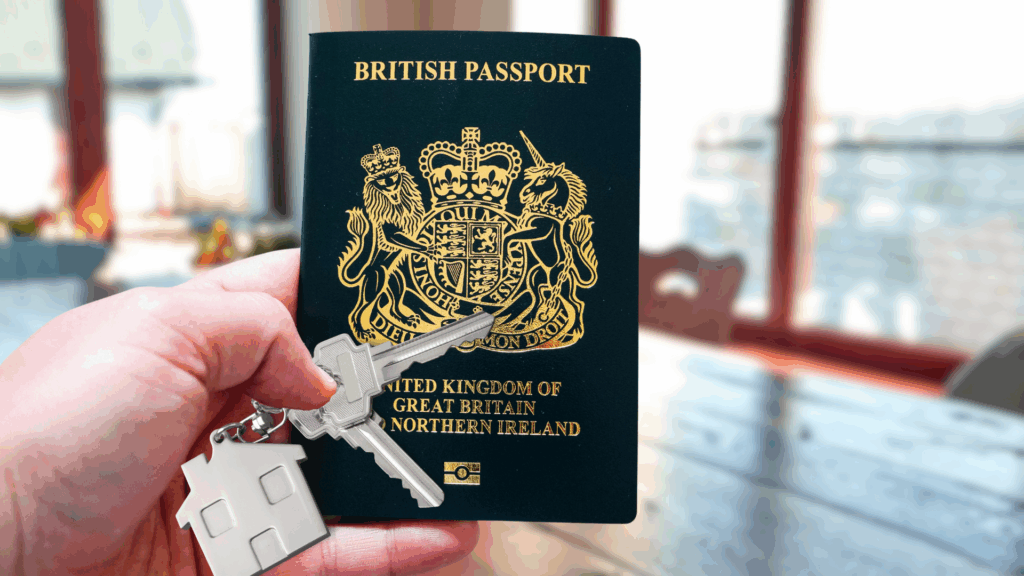- Can You Get a Second Mortgage If You Already Have One?
- What Exactly is a Second Mortgage?
- Why Would I Want To Get a Second Mortgage?
- What Are the Eligibility Requirements to Get Approved?
- How Much Could I Borrow on a Second Mortgage?
- Which Lenders Offer Second Mortgages?
- What Are the Potential Downsides of a Second Mortgage?
- When Is Taking Out a Second Mortgage Not Advised?
- The Bottom Line: Speak to an Independent Mortgage Broker
How To Get A Second Mortgage: A Complete Guide
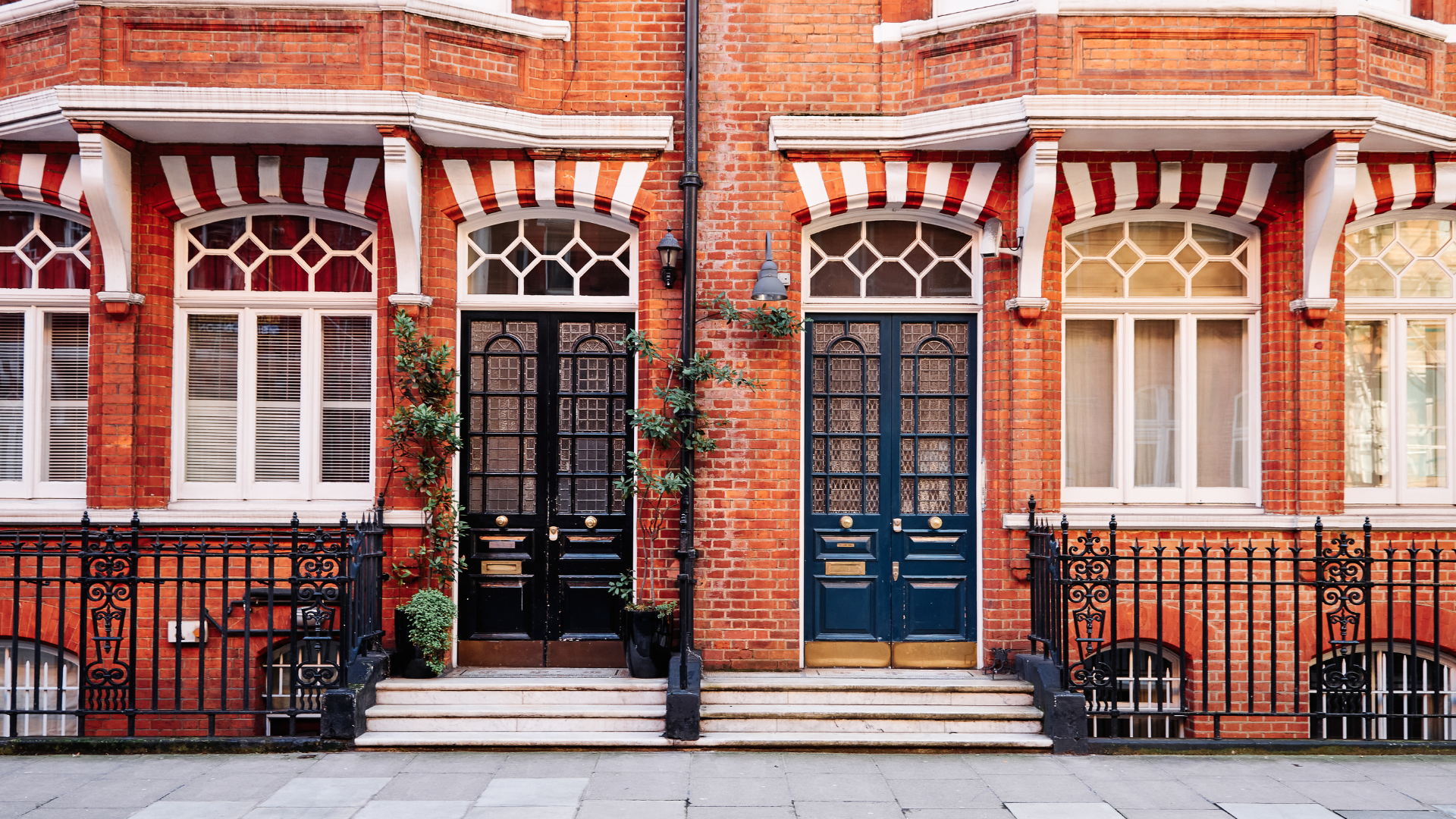
Owning a home is a big deal. But what if you want more?
Maybe you’re eyeing a buy-to-let opportunity. Or dreaming of that extension you’ve always wanted. Perhaps you’re looking to consolidate debts.
Here’s the thing: You don’t need to wait until you’ve paid off your first mortgage to make these dreams a reality.
You can get a second mortgage. It’s not for everyone.
But for some, it’s a powerful tool to unlock the potential of their property.
The catch? It’s complex. There are risks. And it requires careful consideration.
But if you’re a UK homeowner with equity and ambition, a second mortgage could be your next step.
Let’s explore how you can make your property work harder for you.
Can You Get a Second Mortgage If You Already Have One?
Yes, it is possible to get a second mortgage if you already have one (first mortgage).
Lenders will assess your eligibility based on factors like income, credit history, and the amount of equity you have in your home.
This means you can potentially take out multiple mortgages, provided you meet the lender’s criteria and can afford the repayments on all of them.
But it’s important to remember that with more mortgages comes more responsibility and higher monthly repayments.
What Exactly is a Second Mortgage?
A second mortgage is a secured loan (over £1,000) that uses the equity you’ve built up in your home as collateral, in addition to your existing main mortgage.
As the name implies, it results in you having two mortgages on the same property at the same time.
It’s important to understand that a second mortgage is completely separate from your original mortgage agreement.
You’ll have two different lenders, two mortgage repayment amounts, and two sets of terms and interest rates to manage. The second mortgage isn’t simply increasing the borrowing on your current deal.
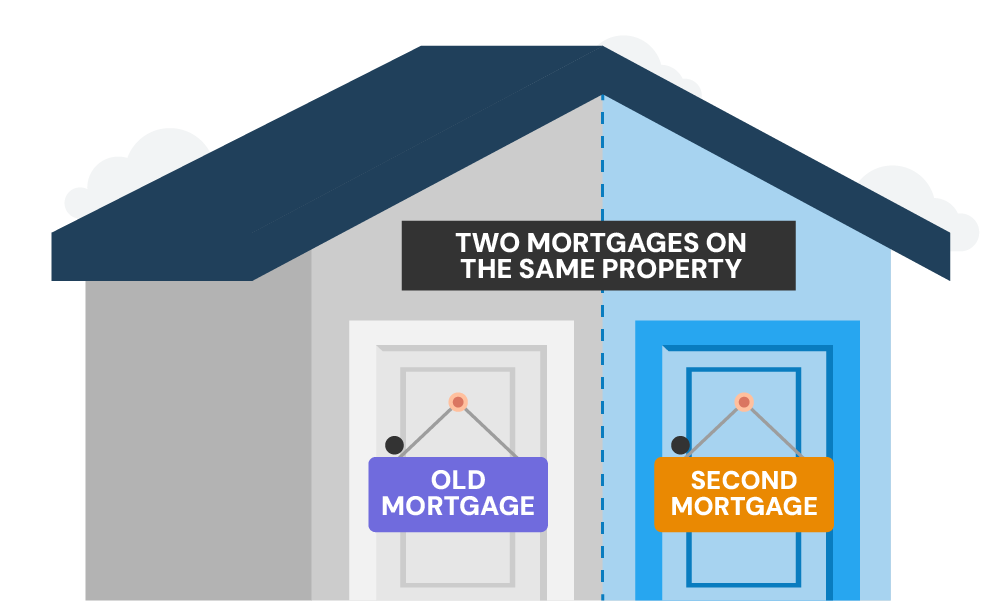
Why Would I Want To Get a Second Mortgage?
There are a few reasons why many homeowners decide to take out a second mortgage on their property:
- Home Improvements. This is a popular option for funding big renovations or extensions that will significantly increase the value of your property. The second mortgage gives you a lump sum upfront to cover the building costs.
- Debt Consolidation. Struggling with multiple debts like loans and credit cards? A second mortgage lets you combine them into one new loan, potentially with a lower interest rate. However, keep in mind this secures the debt against your home.
- Buying Another Property. You can use the equity in your current home as a deposit to buy another property, like a vacation home or an investment property you can rent out. In this case, your second mortgage acts as the main mortgage for the new purchase.
- Business or Investment Funding. A second mortgage lets you tap into the equity in your home to get a lump sum of cash. This can be used to start a new business, invest in an existing one, or fund other investment opportunities, such as purchasing a buy-to-let property.
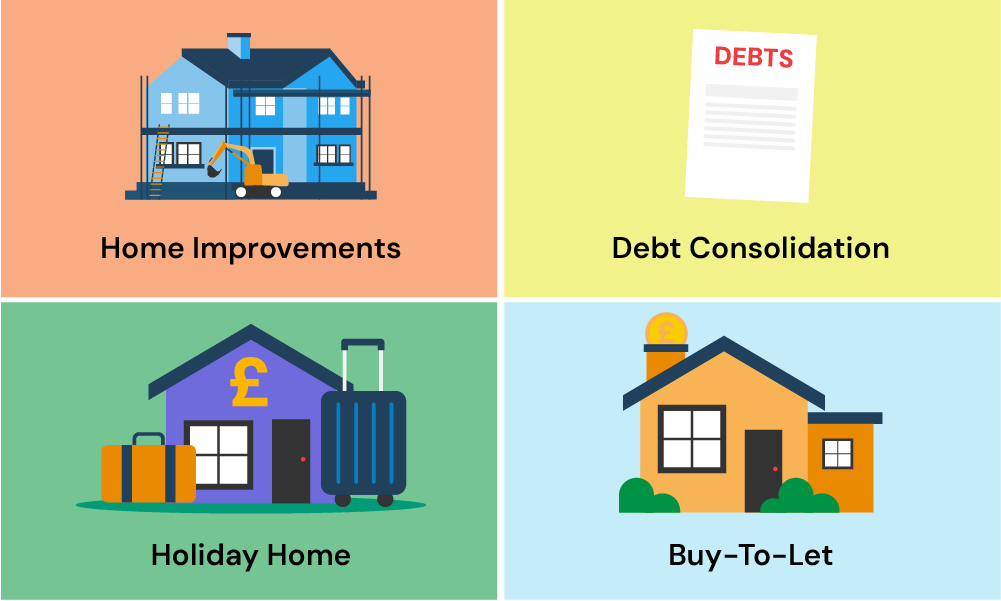
What Are the Eligibility Requirements to Get Approved?
To get approved for a second mortgage, lenders will take a close look at your finances, even if you already have a mortgage on your property.
Here’s what they’ll consider:
- Your income and bills. Lenders want to be sure you can comfortably afford both your existing mortgage and the new one. They’ll factor in your monthly income and regular outgoings to make this assessment.
- Your credit history. A good credit score and a history of responsible borrowing will improve your chances of getting approved. This shows lenders you’re reliable in managing debt.
- The equity in your home. Most lenders require at least 15-20% equity in your property before approving a second mortgage. Equity is the difference between what you owe and what your home is worth. This will serve as your deposit.
- Your age. There are usually minimum age requirements (around 21) and maximum age limits (around 70-75) to qualify for a second mortgage.
Lenders will consider all these factors during their affordability checks to decide if you qualify for a second mortgage and how much you can borrow.
How Much Could I Borrow on a Second Mortgage?
The amount you can borrow with a second mortgage depends on three main factors:
1. The equity in your home
Since a second mortgage is secured by your home’s equity, the more equity you have, the more you can potentially borrow. Most lenders allow you to borrow up to 75-90% of your available equity.
For example, imagine your home is worth £300,000 and you still owe £150,000 on your first mortgage. That means you have £150,000 of equity (half the property value).
In this scenario, you could potentially borrow up to £135,000 (90% of your £150,000 equity) with a second mortgage.
2. Your income and outgoings
Even with enough equity, lenders will limit the loan amount to a multiple of your yearly income that they consider affordable based on your income, existing debts, bills, and credit history.
Typically, lenders allow income multiples of 4-5 times your annual income.
3. Rental Income (Buy-to-Let Only)
If you’re using the second mortgage for a rental property instead of your main residence, the maximum amount you can borrow is usually based on the expected rental income.
Most lenders will only approve buy-to-let mortgages where the projected rent covers 125-145% of the monthly mortgage repayments.

Which Lenders Offer Second Mortgages?
Many banks and mainstream mortgage lenders consider applications for second mortgages if you meet their criteria. However, some lenders are more flexible than others.
Several lenders are particularly active in the second mortgage market for residential second properties. These include Leek United, Central Trust, and Beverley Building Societies.
For buy-to-let second mortgages, consider Penrith Building Society, Leeds Building Society, and Keystone Property Finance.
For debt consolidation or releasing equity from your home, you’ll need more specialised second-charge mortgage lenders. These include Shawbrook Bank, Together Money, and even some high street banks like NatWest and Santander for existing customers.
The market is constantly changing, with new lenders entering the second mortgage space all the time.
An independent mortgage broker can be a valuable resource. They can assess your situation and find the most suitable and competitively priced second mortgage product for you.
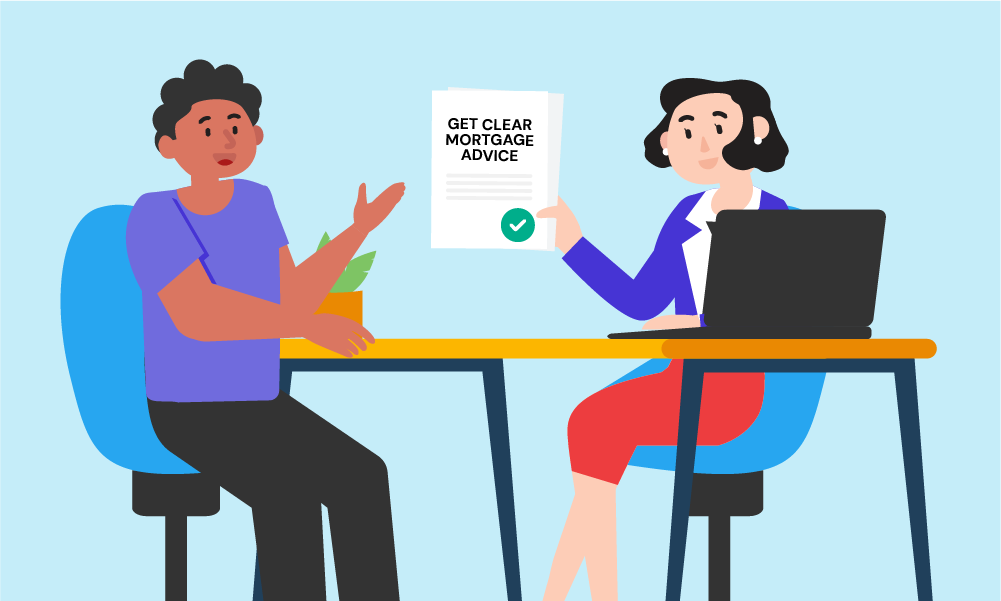
What Are the Potential Downsides of a Second Mortgage?
Second mortgages can be helpful, but there are also downsides to consider:
– Higher Interest Rates. Because a second mortgage is riskier for the lender, they typically charge higher interest rates compared to your first mortgage. This means you’ll end up paying MORE overall.
– Early Repayment Charges. Check your first mortgage terms carefully. You might have to pay extra fees if the second mortgage forces you to repay or remortgage your first mortgage early.
– Risk of Losing Your Home. If you can’t keep up with repayments on either your first or second mortgage, the lender could repossess your home to recover the debt.
– Extend Mortgage into Retirement. Taking out a second mortgage might extend your overall mortgage term, meaning you’ll still be making repayments well into your retirement years when your income may be lower.
Think carefully about whether you can afford this long-term commitment.
When Is Taking Out a Second Mortgage Not Advised?
While having multiple mortgages can suit many homeowners’ needs, there are certain situations where a second mortgage may not be the best solution:
- For Small Borrowing Requirements (e.g. <£25,000). If you only need to release a relatively small amount, other forms of unsecured borrowing like personal loans may make more sense to avoid securing more debt against your property.
- If You Haven’t Checked Other Options First. Taking out a second mortgage purely to raise funds isn’t always necessary. Look at alternatives like remortgaging to a new deal, accessing equity release, or downsizing to a cheaper property first.
- If Your Existing Mortgage Isn’t Portable. Some mortgages prevent you from taking additional lending while the original deal is active. Check if yours is ‘portable’ to avoid penalties.
- If You’re Close to the End of Your Existing Deal. It may be better to simply wait and remortgage once out of your current mortgage term, using the new deal to release cash if needed.
The Bottom Line: Speak to an Independent Mortgage Broker
With so many factors and potential lenders involved, the application process for taking out a second mortgage can seem daunting.
This is where consulting an experienced, independent mortgage broker can make a huge difference. They’ll be able to:
- Assess your full financial situation impartially
- Determine if a second mortgage is the right solution for your needs
- Explain all associated costs, rates and fees transparently
- Match you with the most favourable second mortgage products
- Handle the entire application and give you the best chance of approval
At the end of the day, mortgages are complex financial commitments. Having expert help ensures you make the most informed decision on what could be one of the biggest investments of your life.
Need a broker? Get in touch. We’ll connect you with a good mortgage broker to help you with your second mortgage application and get the BEST deal.
Get Matched With Your Dream Mortgage Advisor...

Frequently asked questions
How easy is it to get a second mortgage in the UK?
Getting a second mortgage in the UK can be smooth sailing if you meet the lenders’ requirements. They’ll check your credit history, income, and how much equity you have in your home.
A good credit score, steady income, and significant equity will make things easier. On the other hand, bad credit or a lot of existing debt can make it trickier.
Talking to a mortgage advisor can help you understand your options and boost your chances of getting approved.
What is a second charge mortgage in the UK?
A second charge mortgage in the UK is a way to borrow more money using your property as security, on top of your existing mortgage. It lets you raise extra funds without replacing your main mortgage.
However, the catch is that the second mortgage lender gets repaid after the first one if you can’t keep up with repayments. This higher risk for the lender often translates to higher interest rates for you.
What’s the difference between a second charge mortgage and remortgaging?
A second charge mortgage adds a new loan to your existing one without changing it. This is useful if your current mortgage has a good rate or high early repayment fees.
Remortgaging replaces your existing mortgage with a new one, possibly with a better rate or to borrow more money. But it might involve fees and penalties.
Can I get a second mortgage with bad credit?
You can get a second mortgage with bad credit, but it will be tougher. Lenders will look closely at your finances and may offer higher interest rates. A specialist broker can help you find lenders who are willing to work with bad credit.
How many years is a second mortgage?
The term of a second mortgage usually ranges from 5 to 25 years. A shorter term means higher monthly payments but less interest overall.
A longer-term spreads out the payments, making them smaller, but you’ll pay more in interest over time.
Can you apply for two mortgages at the same time?
Yes, you can apply for two mortgages at the same time, like a main mortgage for your home and a second one for another property.
You’ll need to prove you can afford both loans. Lenders will check your income, credit, and equity in your properties.
How much stamp duty will I pay?
The amount of stamp duty depends on the property’s value and whether it’s your main home or an additional property. For your main home, there’s no stamp duty up to £250,000.
You pay 5% on the portion from £250,001 to £925,000, 10% on the portion from £925,001 to £1.5 million, and 12% above £1.5 million. For additional properties, there’s an extra 3% charge on each band.
Use a stamp duty calculator to get the exact amount.
>> More about Stamp Duty for Second Homes

